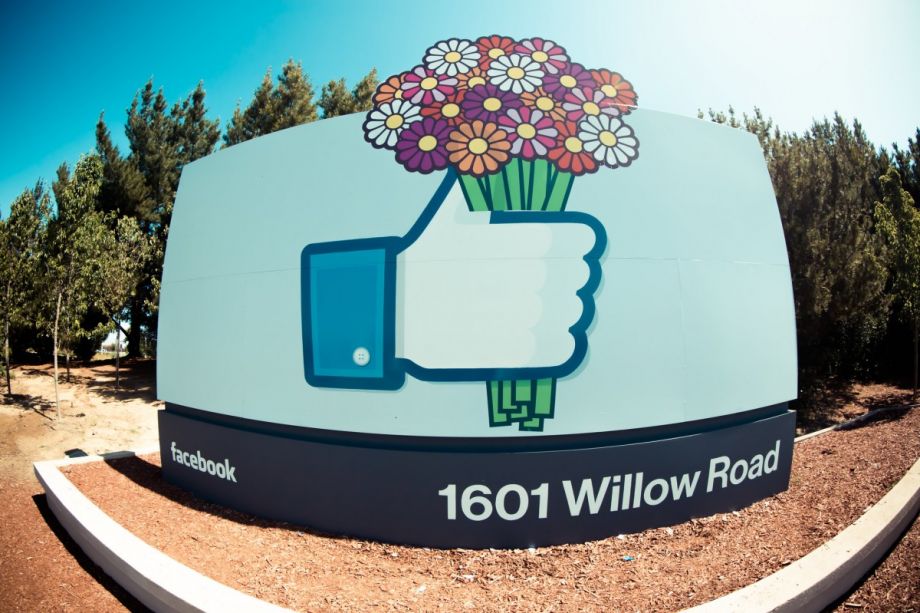Plymouth Housing is a forty-year-old nonprofit that provides permanent supportive housing for chronically homeless people in Seattle. It houses 1,000 residents in 14 buildings, a number of which are part of the historic architectural fabric of the downtown area, which the group has taken on the responsibility of rehabilitating or restoring. Last spring, the group launched a $75 million fundraising campaign, with plans to open eight new apartment buildings with homes and supportive services for 800 new residents. Within a few weeks, the group announced — somewhat to its CEO’s own surprise, according to reports — that it had already raised about two thirds of the money. Among the early donors were Microsoft and Amazon, Seattle’s two biggest tech companies, which each chipped in $5 million. Another $5 million came from Steve and Connie Ballmer, who became billionaires during Steve Ballmer’s time as CEO of Microsoft.
Plymouth Housing had gotten support from Microsoft and Amazon in the past, as well as from a range of corporations in Seattle, says Amanda Vail, the nonprofit’s communications and development manager. In fact, the first three big donors to its campaign were local hospitals, which recognize housing as a social determinant of health, and see supporting it as a complement to their mission, Vail says. As Seattle’s homeless population has grown, the whole region has been trying to figure out solutions, Vail says.
“Certainly the tech companies have a role in that, and it’s been really heartening to see them step up,” she says.
Housing has become much less affordable throughout the west over the last several years, and a number of private companies have made high-profile donations to housing efforts. In January, Microsoft announced that it was creating a $500 million revolving loan fund to build and preserve low- and middle-income housing, which some of its own employees have struggled to afford. Wells Fargo announced a six-year, $1 billion investment in June, which will be focused in a handful of cities that are still being selected. Google said the same month that it would put $1 billion into building 20,000 new homes in the Bay Area, mostly by repurposing $750 million worth of its own land for residential use. Airbnb announced a smaller investment in September, committing $25 million to housing efforts in the Bay Area and Los Angeles.
Facebook is the latest. Last week, the company said it would invest $1 billion in Bay Area housing as well, including $225 million in donated land and $25 million for teacher housing in San Mateo and Santa Clara counties. Menka Sethi, the director of location strategy at Facebook, says the investment has been in the works since 2016, when she started with the company. Sethi says the investment is primarily meant to “unlock housing production for units that otherwise wouldn’t get built,” particularly for middle-income residents.
“We’re missing the middle,” Sethi says. “That’s where we feel we can have impact, and that’s where we feel impact is needed.”
The Chan Zuckerberg Initiative, created by Facebook CEO Mark Zuckerberg and his wife Priscilla Chan, had previously announced its support for housing production and preservation through the Partnership for the Bay’s Future. Facebook’s billion-dollar announcement includes $150 million for the Partnership as well.
It’s widely understood that the growth of tech companies has contributed to housing problems in their communities. Tech workers are often well-paid, earning much larger salaries than many other people in the areas where they work. They’re able to pay a premium for the best housing in those areas, which drives up prices across the board. Tech companies’ relationships with their host communities have been tested over housing and other issues.
And their reputations have suffered in other ways, too. The same week that Facebook announced its housing investment, Mark Zuckerberg was getting a dose of bad press related to his testimony in the House of Representatives. Sethi says that Facebook’s investment was in the works for years, and that it has less to do with managing the company’s reputation than with trying to address the housing crisis that affects everyone in the region, in partnership with other stakeholders.
“We can’t be doing this for a marketing or branding initiative, just taking credit for our company,” Sethi says. “We have to do it for the impact.”
On the other side of Amazon’s philanthropic support for housing efforts in Seattle and Arlington, Virginia, where it’s building a second headquarters, was its outright opposition to Seattle’s attempt to fund affordable-housing efforts with a special tax. Amanda Vail, of Plymouth Housing, said she didn’t have a position on that tax or Amazon’s opposition to it.
“Plymouth thrives because we have both government support and support from private individuals and the corporate sector,” she says. “It’s up to the cities and our governments to determine the best balance of how those things come together, but we’re going to need everybody — especially with a problem of this scale.”
Tech companies have already transformed the Bay Area, says Lupe Arreola, executive director of Tenants Together, a tenants’ rights group based in San Francisco. The current wave of displacement being caused by the influx of tech workers is only the biggest, but not the first, Arreola says. It’s good that companies are starting to recognize their impact and invest in housing, she says, but it would be better if they would think about the impact they have before they build new facilities. California requires Environmental Impact Statements for many developments; big companies like Google and Facebook should prepare something like a housing impact statement as well, she says. Those companies also have political influence, and they should use it to advocate for things that tenants are fighting for in the communities affected by their growth, she says, like rent control and just cause eviction protections.
“I think they deserve recognition for doing it, but I think we should also recognize that this is part of their responsibility, and should be something we expect from any large company that comes into a community,” she says. “We should not just hope for and celebrate it but actually expect and demand it, and the government should as well.”
EDITOR’S NOTE: We’ve updated this story to include the correct name of the Chan Zuckerberg Initiative.
This article is part of Backyard, a newsletter exploring scalable solutions to make housing fairer, more affordable and more environmentally sustainable. Subscribe to our weekly Backyard newsletter.

Jared Brey is Next City's housing correspondent, based in Philadelphia. He is a former staff writer at Philadelphia magazine and PlanPhilly, and his work has appeared in Columbia Journalism Review, Landscape Architecture Magazine, U.S. News & World Report, Philadelphia Weekly, and other publications.
Follow Jared .(JavaScript must be enabled to view this email address)


















